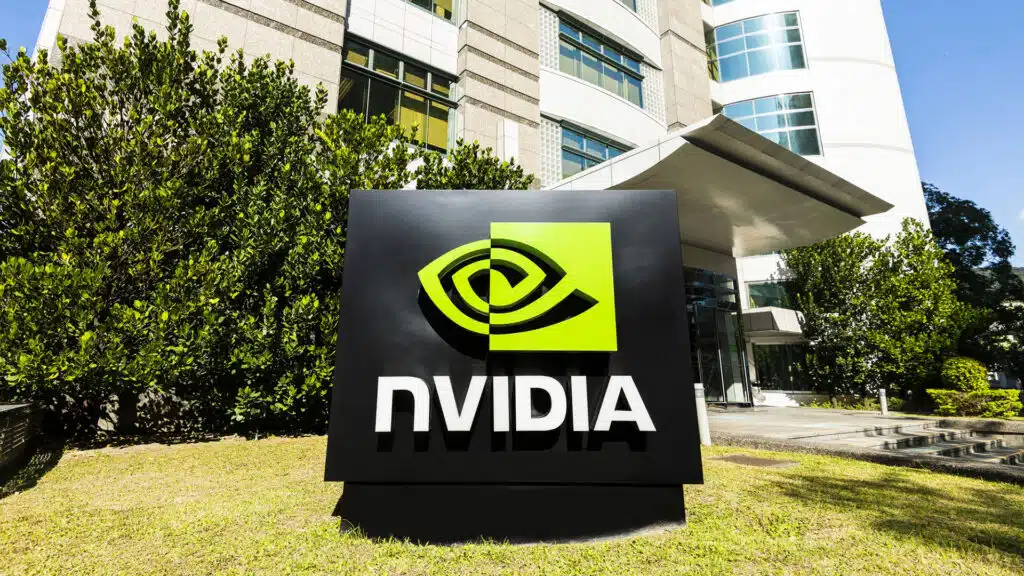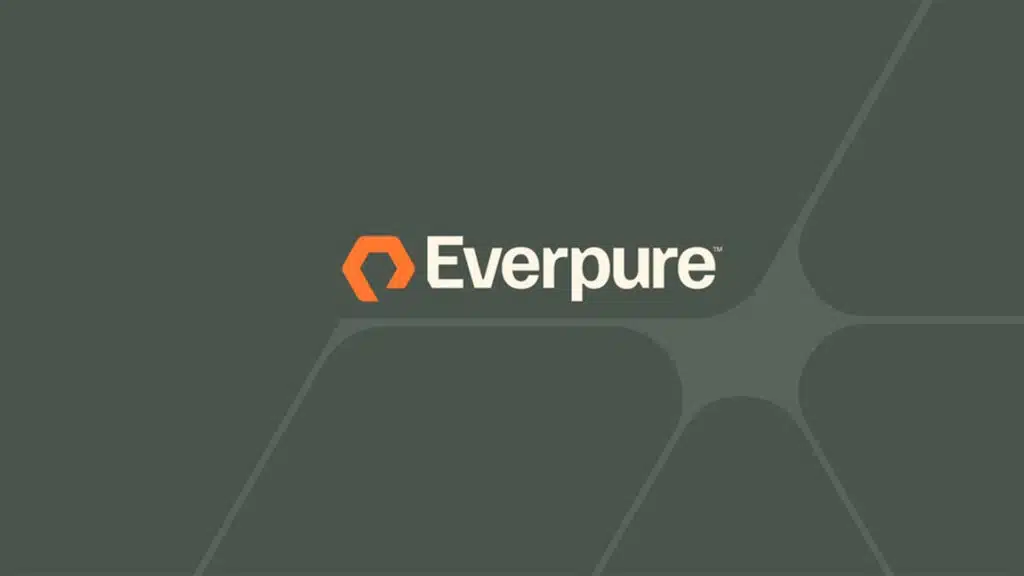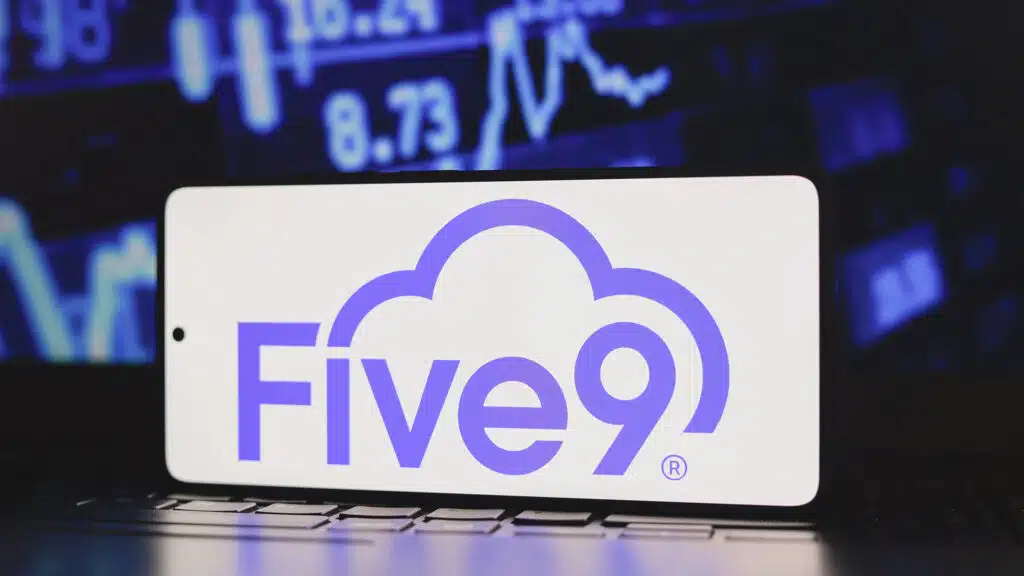The News: Amdocs announced in June its telecommunications-focused generative AI framework, known as Amdocs amAIz (pronounced a-maze), which combines carrier-grade architecture leveraging open-source technology with AI large language models (LLMs). The generative AI technology will be infused across a range of consumer and business use cases, and integrated into the entire Amdocs portfolio, including Amdocs Customer Engagement Platform, Amdocs Catalog, Amdocs Intelligent Networking Suite, Amdocs Smart Operations, and Amdocs Cloud Services. Amdocs amAIz tools will be generally available to customers over the next several months, according to the company.
You can read the full Press Release here.
Amdocs Announces a Telecom-Specific Generative AI Framework
Analyst Take: Amdocs announced amAIz, its generative AI technology that will enable a range of consumer and business use cases, and will be incorporated across all Amdocs products. Like many other CX platform vendors, Amdocs is taking an agnostic approach to the use of generative and LLM-based models. In an email interview with a company spokesperson, Amdocs confirmed it will support all public foundation models of generative AI, which can include OpenAI, Llama, Bloom, and others.
Generative AI to Be Deployed Across Amdocs’ Entire Portfolio
The Amdocs amAIz framework is designed to empower communications service providers (CSPs) to deploy generative AI use cases across the ecosystem, including improving agent interaction with CX systems, improving employee interaction with network management/provisioning tasks, and enabling customers to easily handle self-service tasks. Amdocs also said that Amdocs amAIz is designed to improve a service provider’s ability to explore, assist, generate, and recommend activities across the entire customer and operations lifecycle, and deliver increased efficiencies and productivity.
However, what sets Amdocs apart from some of the other companies making generative AI announcements is a measured, yet aggressive approach to infusing generative AI across its entire portfolio of products. While many organizations are committing to use generative AI for relatively basic tasks, such as summarizing content, Amdocs is laying out a wider vision, with use cases spanning a range of systems and users.
Supporting More Complex Generative AI Use Cases
Ofir Daniel, marketing manager with Amdocs, told me in an email interview that within the Amdocs Customer Engagement platform, initial Amdocs amAIz use cases likely would include a ChatGPT-like self-service experience, telco-verticalized Dynamics 365 Sales/Service/ Marketing Assistants, and B2B Solution Sales Assistants. In some cases, there will be a human in the loop to review generative AI content, and ultimately approve whether it will be sent to end customers.
However, Daniel also mentioned future use cases, such as a Network Design & Assign Assistant, and GPT-assisted Development/Deployment/Testing/Support tools, which appear to be more complex and focused on the specific, challenging issues faced within the telecommunications market.
These use cases represent a bold vision for deploying generative AI within a complex industry. Being able to leverage generative AI to interact with data-rich and process-rich systems can yield significant efficiency gains, by making it easier to complete tasks within and across systems.
Telecom-Focused by Design to Ensure Speedy Time-to-Value
Amdocs amAIz is designed to help address the telecom industry-specific challenges of security, data privacy, scalability, and the complexity of data governance, as well as the intentional focus on a telco-specific taxonomy. By grounding the models with the knowledge generated and created throughout Amdocs’ long history of serving telecommunications companies, these models can quickly be deployed with the knowledge that they will be accurate and relevant, and ready for customer use.
Amdocs says it will offer templated use cases based on its industry experience and expertise, and will offer tooling and infrastructure that can be adopted to accelerate time to market, and drive ROI. Daniel added that amAIz will use a Trusted AI module, which sets governance as its top priority, and will include oversight and control mechanisms to ensure responsible use and meet regulatory requirements across all use cases.
As a telecommunications-focused provider of customer engagement and network management software, Amdocs has a unique opportunity to deploy generative AI via Amdocs amAIz in a grounded and safe way, as well as demonstrate how the technology can provide real-world benefits, beyond the relatively generic use cases that are dominating the news.
Disclosure: The Futurum Group is a research and advisory firm that engages or has engaged in research, analysis, and advisory services with many technology companies, including those mentioned in this article. The author does not hold any equity positions with any company mentioned in this article.
Analysis and opinions expressed herein are specific to the analyst individually and data and other information that might have been provided for validation, not those of The Futurum Group as a whole.
Other insights from The Futurum Group:
Amdocs From the Show Floor: MWC 2023
Amdocs, Microsoft Announce a New Customer Engagement Platform
Amdocs Teams Up with New Partners in CX Projects
Author Information
Keith Kirkpatrick is VP & Research Director, Enterprise Software & Digital Workflows for The Futurum Group. Keith has over 25 years of experience in research, marketing, and consulting-based fields.
He has authored in-depth reports and market forecast studies covering artificial intelligence, biometrics, data analytics, robotics, high performance computing, and quantum computing, with a specific focus on the use of these technologies within large enterprise organizations and SMBs. He has also established strong working relationships with the international technology vendor community and is a frequent speaker at industry conferences and events.
In his career as a financial and technology journalist he has written for national and trade publications, including BusinessWeek, CNBC.com, Investment Dealers’ Digest, The Red Herring, The Communications of the ACM, and Mobile Computing & Communications, among others.
He is a member of the Association of Independent Information Professionals (AIIP).
Keith holds dual Bachelor of Arts degrees in Magazine Journalism and Sociology from Syracuse University.







